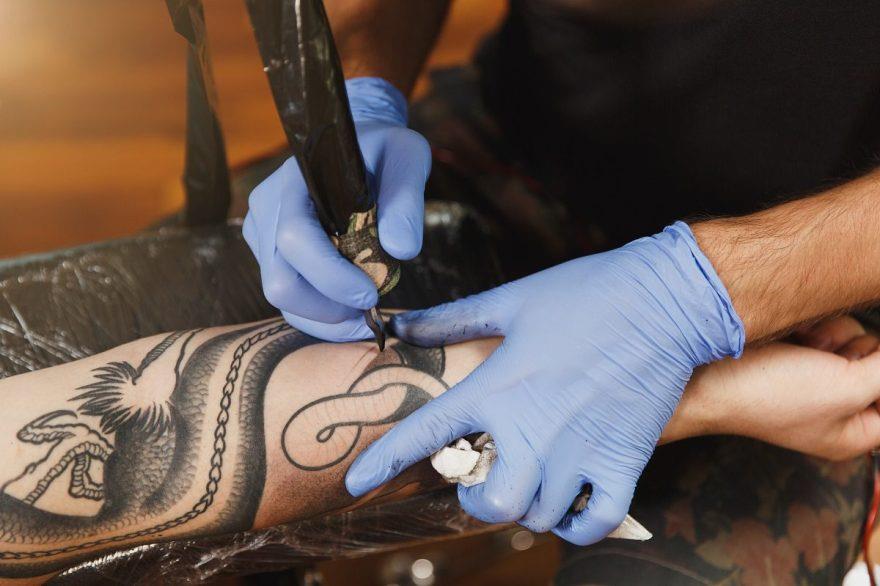
Experts Warns Of Serious Health Risks Of Tattoos And Body Art
Recently, tattoos have become increasingly popular, especially among young people who view them as symbols of beauty. Historically, the Greeks used tattoos as symbols of pride and power. However, studies now show that tattoos can lead to serious health risks, such as skin problems, hepatitis, and even HIV.
A tattoo is a permanent design made by inserting pigments into the skin's top layer with special needles. Artists typically use a handheld machine, similar to a sewing machine, to puncture the skin with one or more needles, depositing tiny droplets of ink.
Tattoos have been around for centuries, but their popularity among young people has grown dramatically. Many young people now see tattoos as an expression of beauty and individuality.
Studies show that tattoos were historically used to represent cultural beliefs. The Greeks even marked slaves with tattoos, while in South America, tattoos were symbols of power and pride.
Dr. Benazir Aidizadeh, a dermatologist, explains that tattoo risks can be broken down into three stages: initial application, post-application, and removal. Each stage presents specific health risks.
According to Dr. Aidizadeh, if hygiene measures aren't followed during tattoo application, diseases can easily spread from one person to another.
Dr. Aidizadeh adds that many people experience allergic reactions to tattoo materials, which can sometimes be severe or even fatal.
She also warns that the foreign ink stored in skin cells after tattooing can lead to health risks. Although no direct link to cancer has been established, the risk may increase with age.
She further notes that chemical agents used in non-laser tattoo removal treatments can be toxic and lead to severe allergic reactions.
What are the risks of tattoos?
According to the Contact Dermatitis journal, around 10% of people with tattoos experience short-term complications, ranging from allergic reactions to skin infections. The severity of these complications depends on the individual's reaction to the ink and the cleanliness of the tools used.
Common side effects of tattoos include allergic reactions, skin infections, bloodborne diseases, severe skin scarring, and, in rare cases, cancer.
Researchers have long studied whether tattoos cause skin cancer. While no direct link has been found, certain chemicals in tattoo ink, such as benzo(a)pyrene, a known carcinogen, may trigger cancerous changes. Black tattoo ink, which contains high levels of this substance, is particularly concerning.
Health officials are especially concerned about black tattoo ink because it's the most commonly used color and can mask early signs of skin cancer, such as changes in pigmentation.
Doctors believe one of the most concerning risks of tattoos is hepatitis, a disease often spread by sharing needles. Therefore, it's crucial to ensure tattoo studios meet hygiene standards.
If you're considering getting a tattoo, pre- and post-tattoo care are vital in preventing infections and increasing the tattoo's longevity.
As tattoo popularity grows, so does the importance of awareness about associated health risks. Proper hygiene and preventive measures can help minimize the risks while ensuring a safer tattoo experience.
ShareFacebook Twitter WhatsApp Email Print Telegram
Legal Disclaimer:
MENAFN provides the
information “as is” without warranty of any kind. We do not accept
any responsibility or liability for the accuracy, content, images,
videos, licenses, completeness, legality, or reliability of the information
contained in this article. If you have any complaints or copyright
issues related to this article, kindly contact the provider above.























Comments
No comment